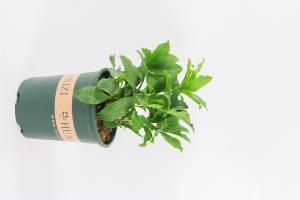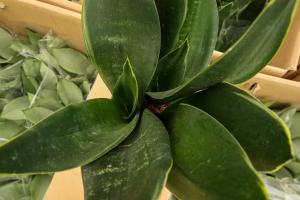Does chlorinated pool water kill plants?
Chlorinated pool water is a common household item used to disinfect and clean swimming pools. While it is effective at killing harmful bacteria and algae, many people wonder if the chlorinated water can harm their plants. The short answer is yes, but it depends on several factors.
How chlorinated pool water affects plants
Chlorinated pool water contains high levels of chlorine, which is a powerful disinfectant. When plants are exposed to chlorine, it can kill the cells that transport water and nutrients throughout the plant. This can cause yellowing, wilting, and even death of the plant.
Additionally, the high levels of chlorine in pool water can also alter the pH balance of the soil, making it more acidic. Most plants prefer neutral to slightly acidic soil, so this can cause further damage to the plant.
Factors that affect plant damage
The amount of damage that chlorinated pool water causes to plants depends on several factors. One of the most important factors is the type of plant. Some plants are more resilient to chlorine exposure than others. Hardy, well-established plants are generally more resistant to damage than young or delicate plants.
The concentration of chlorine in the pool water is also important. If the chlorine levels are extremely high, plant damage is more likely to occur. Similarly, if the pool water is splashed onto the plants frequently, this can also cause damage.
Another factor to consider is the type of soil the plants are growing in. Certain types of soil, such as clay or sand, may be more resistant to changes in pH than others. If the soil is already acidic, it may be more difficult for the chlorine to cause significant damage.
Precautions to take
If you want to reduce the likelihood of chlorinated pool water harming your plants, there are several precautions you can take. Firstly, try to avoid splashing the pool water onto your plants. If this is unavoidable, consider washing the leaves with clean water afterwards to reduce chlorine build-up.
Another option is to dilute the pool water with tap water before using it to water your plants. This can help reduce the concentration of chlorine and make it less harmful to your plants.
You can also plant more resilient species of plants that can tolerate chlorine exposure. Some examples include succulents, cacti, and other desert plants.
Conclusion
Chlorinated pool water can harm plants, but the amount of damage depends on several factors. Taking precautions such as not splashing pool water onto plants, diluting the water, and planting more resilient species can help reduce the risk of damage. Ultimately, it is important to be mindful of the effects of pool water on your plants and make adjustments accordingly.

 how many times do yo...
how many times do yo... how many planted tre...
how many planted tre... how many pine trees ...
how many pine trees ... how many pecan trees...
how many pecan trees... how many plants comp...
how many plants comp... how many plants can ...
how many plants can ... how many plants and ...
how many plants and ... how many pepper plan...
how many pepper plan...

































